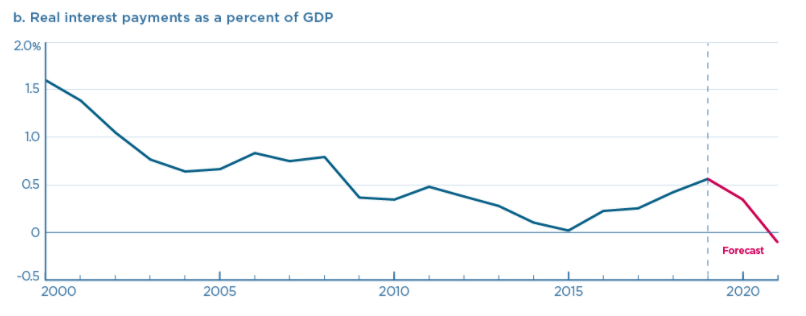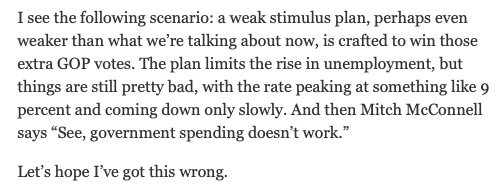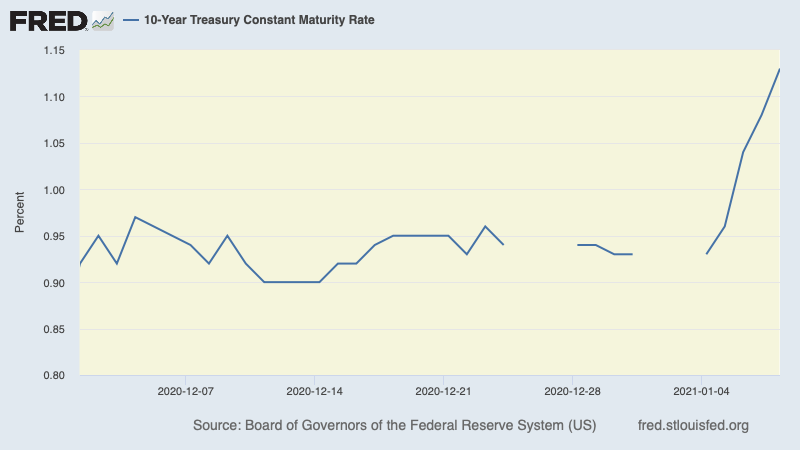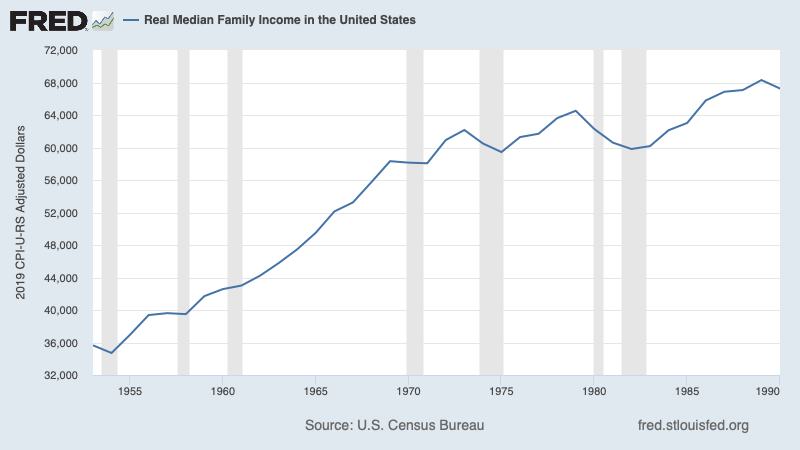
As Republicans go around claiming that the Biden agenda is job-destroying and whine about deficits, worth remembering that Trump policy was, in effect ... Keynesian. Here's a key picture, explained below 1/ 

Annual fiscal impulse is the change in CBO's estimate of the cyclically adjusted budget balance; it's a rough measure of stimulus, but good enough to make the point 2/ cbo.gov/publication/56…
Basically, after Rs took the House in 2010, they forced austerity on the Obama administration, delaying recovery. Then they cheerfully presided over both tax cuts and spending increases under Trump 3/
In fact, given the scale of the shift from austerity to stimulus, it's surprising that the Trump economy wasn't stronger. It may have been held back by trade-war uncertainty, and/or poorly targeted stimulus 4/
In any case, when Rs start thumping the table about how deficit spending is bad, look at what they did, not what they say 5/
• • •
Missing some Tweet in this thread? You can try to
force a refresh








